By Daily Sports on May 2, 2017

In their quarter final away match against mighty Real Madrid, Bayern Munich came out fighting gallantly to overturn a 1-2 home loss the Christiano Ronaldo led Real had dealt them at their Allianz Arena home.
Bayern scored first early in the game at the Bernabeu with a coolly-taken penalty by Robert Lewandonski.
After surviving some heavy pressure from their visitors, Madrid drew level in the second half of the game, courtesy of Ronaldo. But Bayern stunned them late in the game when usually reliable Madrid defender Sergio Ramos conceded an own goal.
The game moved into extra time and Real Madrid were given 30 more minutes on home soil with which to play and try to win in front of their baying about (80,000?) fans.
Moments into extra time Bayern were unlucky to have had a harsh red card awarded to their midfield strongman Arturo Vidal. Replays showed Vidal's challenge on Marco Assencio was a clean one and not deserving of the second yellow card that necessitated his dismissal. From then on it was easy for Real who scored three extra time goals, including two very questionable offside goals from Ronaldo, to seal the tie 4-2 and 6-3 on aggregate.
It was tough enough to play against Ronaldo et al for 90 minutes and extra time, and to do so on away soil was too much even for the great German champions, Bayern Munich.
I think that it is unfair to play extra time in an away soil, when a team did not have that luxury at home. The psychological disadvantage of doing so is really significant for an away team facing 30 extra minutes containing the pressure from home fans who are hell-bent on roaring their team on to victory and doing their utmost to influence the every decision of the referee. Who says the pressure from the home fans did not play any part in forcing the linesman to allow play to go on when Ronaldo clearly scored from an offside position against Bayern?
In the knockout phases of competitions that have the home and away format, teams that place first in a group are made to play the return leg of the knockout phase at home as a reward for topping their group. This reflects the fact that organisers know the advantage of having the second leg on home soil. But it’s an overkill to force a team to play another 30 minutes away.
When there's a tie in aggregate scores I would prefer to see the two teams head straight into penalty shootouts.
***
Could Joshua’s reason for not fighting for Nigeria be likened to what goes on in the country’s football?
The new boxing heavyweight champion of the world is Nigeria's Anthony Joshua. His 11th round knockout win over Wladimir Klitchsko, the once-dreaded Ukrainian, has been met with excitement in two countries particularly; Nigeria and England. The simple reason is that the pugilist has dual nationalities traceable to both nations.
But in Nigeria a public inquest is currently on as to why Joshua didn't fight in Nigeria's corner in the 2012 Olympics that was held in London. Despite the fact that he indicated his interest to represent the country, he was said to have received a cold response from the Nigerian boxing officials and he went on to win Gold at the Olympics for Great Britain.
I read the response from the boxing coach who at the time, explained that though Joshua actually contacted the Nigerian boxing officials at the time to inform them of his desire to fight for the country at the Olympics, he wasn't prepared to come to Nigeria for trials with other boxers for the Olympics.
I wonder what the trial conditions possibly were that caused Joshua to decline. Could there have been some demand for bribe as is said to be the norm in Nigerian football?
If you follow the invitation process to the different grades of the national football team, then you would know that it’s a given that many unknown players usually are clandestinely required to bribe their ways into the teams. I tried to take a very talented young player to the under 17 camp sometime ago, and the question I was asked at once by the football agent who I approached to help me contact the coaches was "who is going to sponsor the player?"
As I was wondering what exactly he meant, he added that the player would need to pay about N1 million to get a look in. I was stunned and I rested the matter of recommending him to the national coaches.
One wonders exactly what turned Joshua off from fighting in Nigeria's corner in London 2012. For now, he's not offered much on why representing Nigeria didn't happen. Instead he continues to speak of his Nigerian heritage without bitterness. He's to be admired.
Source Daily Sports
Posted May 2, 2017
You may also like...

Billy Joe Saunders targeting Caleb Truax fight

Chelsea UNCOVERED: Hazard and Courtois transfer plans forced...

Idongesit brothers set for Fencing Junior W’Cup in...

I will be very sad if I miss...

‘I’m Just Warming Up’ – Ibrahimovic Dismisses Retirement...

Lille Spank PSG to Delay Title Celebration

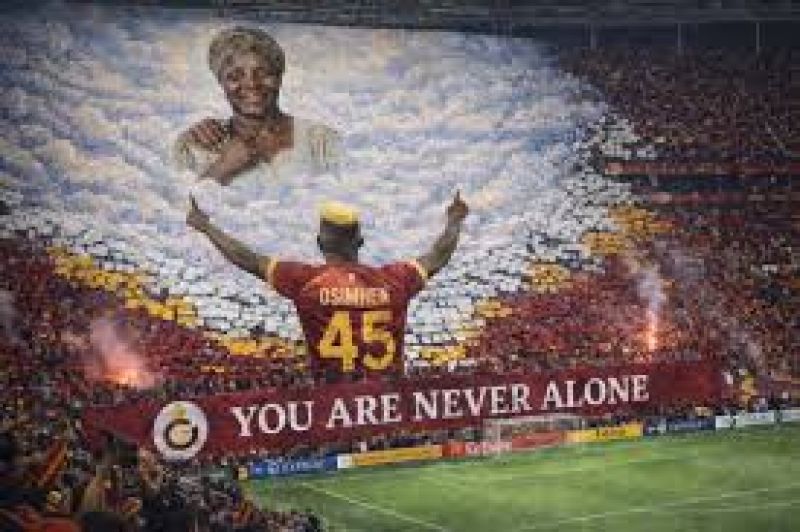 Gala fans to honour Osimhen’s late mother
Gala fans to honour Osimhen’s late mother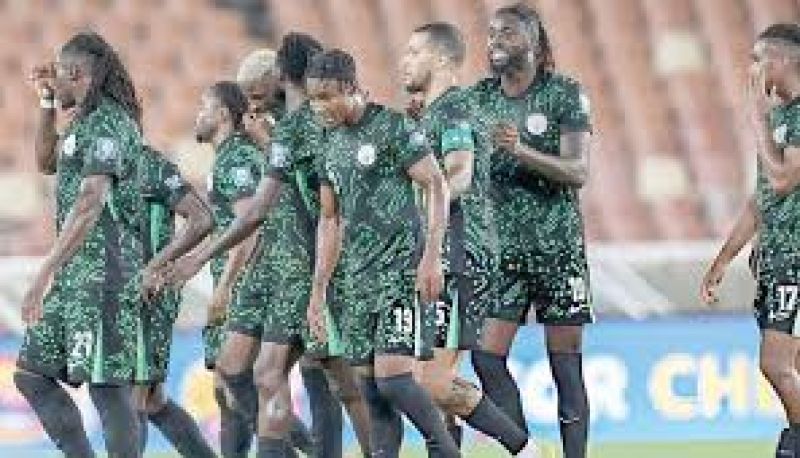 Eagles to play Iran, Jordan in four-nation tourney
Eagles to play Iran, Jordan in four-nation tourney First Falcons call-up thrills Erhabor
First Falcons call-up thrills Erhabor Ekezie junior claims Defensive MVP award at All-Star camp
Ekezie junior claims Defensive MVP award at All-Star camp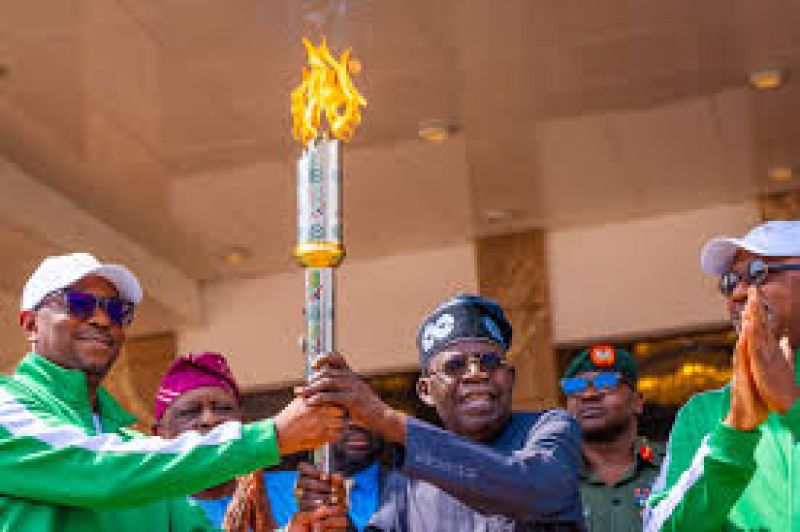 Niger-Delta Games: Sports, instrument of unity, empowerment — Tinubu
Niger-Delta Games: Sports, instrument of unity, empowerment — Tinubu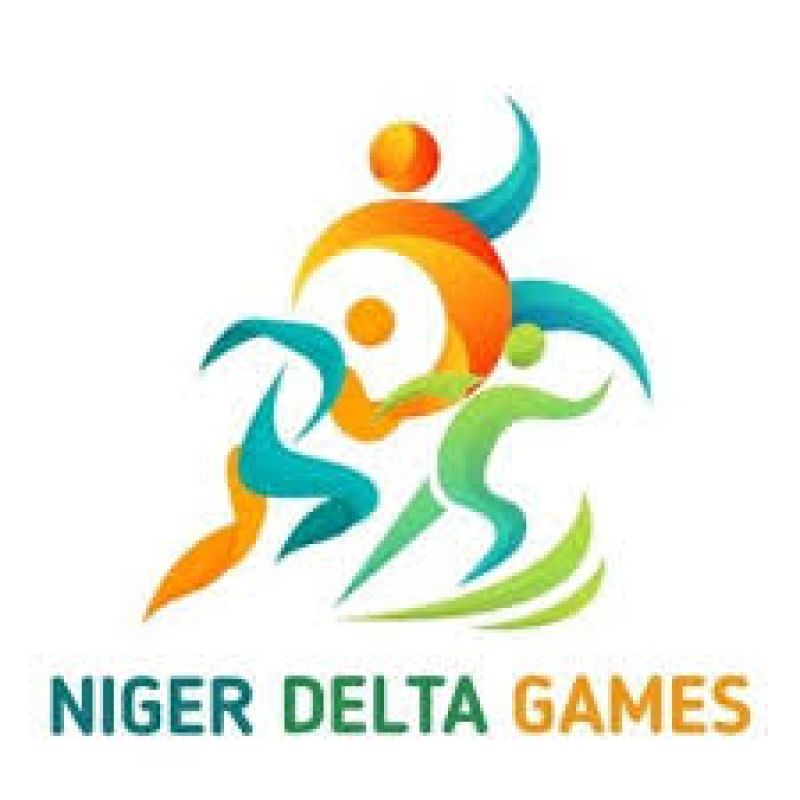 Draws hold as Niger Delta Games begin Friday
Draws hold as Niger Delta Games begin Friday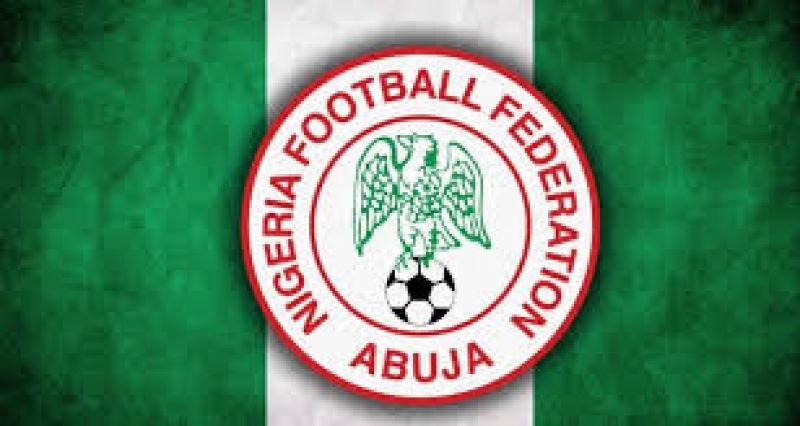 NFF to review Chelle’s $130k request, other demands
NFF to review Chelle’s $130k request, other demands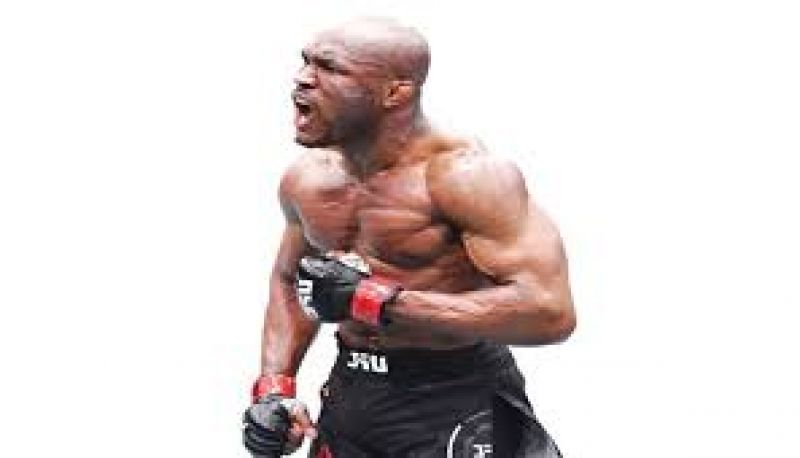 Usman to retire after becoming two-division champ
Usman to retire after becoming two-division champ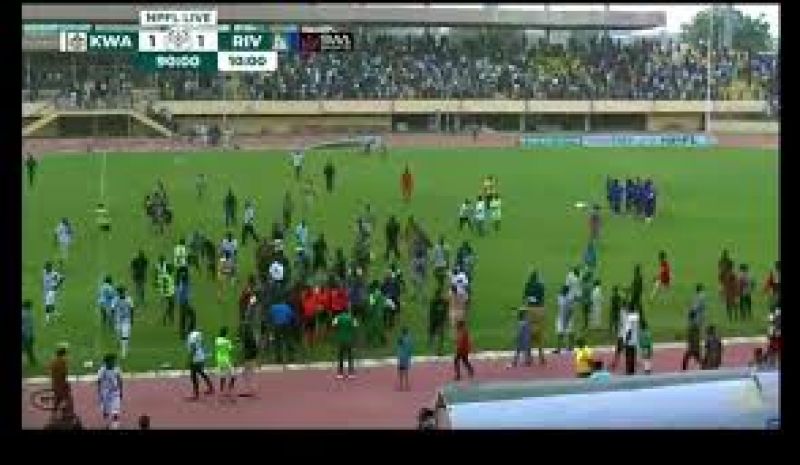 NPFL: Kwara United slams post-match violence after Rivers United clash
NPFL: Kwara United slams post-match violence after Rivers United clash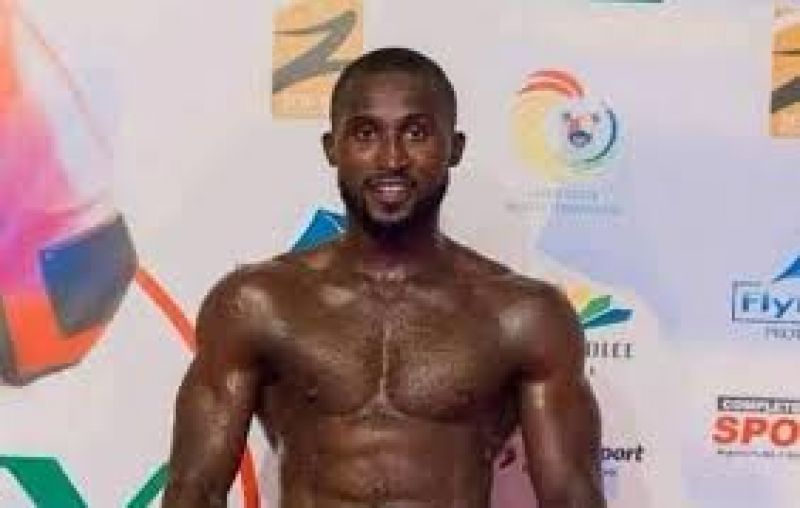 Widow, late Nigerian boxer’s family clash over estate
Widow, late Nigerian boxer’s family clash over estate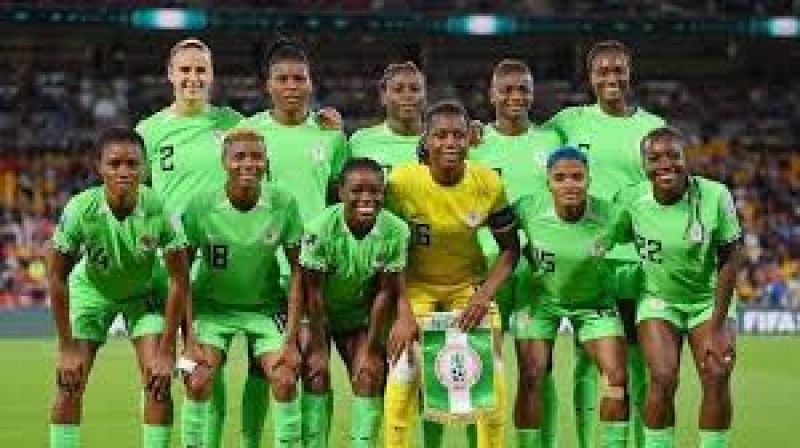 Falcons recall Okobi-Okeoghene, Monday for Cameroon friendlies
Falcons recall Okobi-Okeoghene, Monday for Cameroon friendlies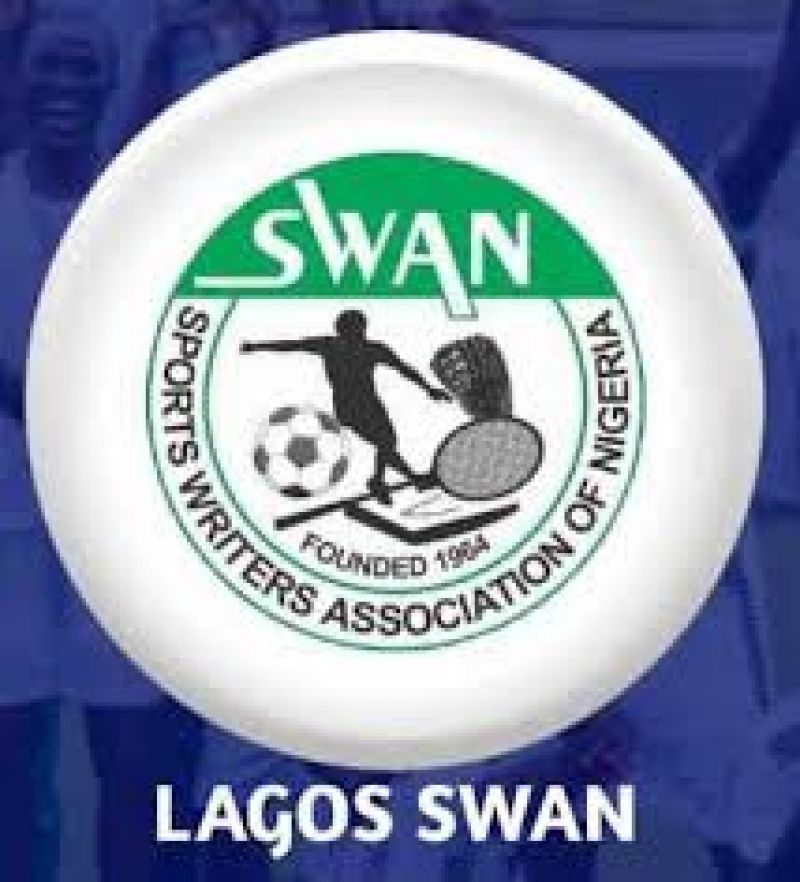 Lagos SWAN Chairman, Amb. Olatutu Oladunni, and EXCO Members Extend Ramadan and Lenten Greetings to Muslim and Christian Faithful Across Lagos
Lagos SWAN Chairman, Amb. Olatutu Oladunni, and EXCO Members Extend Ramadan and Lenten Greetings to Muslim and Christian Faithful Across Lagos Rangers International going, going . . . (63,572 views)
Rangers International going, going . . . (63,572 views) Amaju Pinnick: A cat with nine lives (54,878 views)
Amaju Pinnick: A cat with nine lives (54,878 views) Second Term: Amaju Pinnick, Other NFF Heavyweights Home to Roost •How Pinnick Broke the Jinx (52,787 views)
Second Term: Amaju Pinnick, Other NFF Heavyweights Home to Roost •How Pinnick Broke the Jinx (52,787 views) Current issues in Nigerian sports: Matters arising (52,424 views)
Current issues in Nigerian sports: Matters arising (52,424 views) Sports Development: Zenith Bank on the zenith (52,337 views)
Sports Development: Zenith Bank on the zenith (52,337 views) Missing $150,000 IAAF Grant: Solomon Dalung’s Hide and Seek game (52,257 views)
Missing $150,000 IAAF Grant: Solomon Dalung’s Hide and Seek game (52,257 views) Gov. Abdullahi Ganduje’s solid footprints, commitment to sports development in Kano State (52,127 views)
Gov. Abdullahi Ganduje’s solid footprints, commitment to sports development in Kano State (52,127 views) NFF Presidency: Pinnick, Maigari, Ogunjobi, Okoye in Battle for Supremacy (51,672 views)
NFF Presidency: Pinnick, Maigari, Ogunjobi, Okoye in Battle for Supremacy (51,672 views) Olopade, BET9A wave of revolution in NNL (50,845 views)
Olopade, BET9A wave of revolution in NNL (50,845 views) Commonwealth Games 2018: Shame of Muhammadu Buhari, Solomon Dalung (49,375 views)
Commonwealth Games 2018: Shame of Muhammadu Buhari, Solomon Dalung (49,375 views) Ibrahimovic’s Man U exit: Whose decision is it? And in whose interest? (47,762 views)
Ibrahimovic’s Man U exit: Whose decision is it? And in whose interest? (47,762 views) John Mikel Obi: Segun Odegbami’s Outrageous Call! (47,233 views)
John Mikel Obi: Segun Odegbami’s Outrageous Call! (47,233 views)